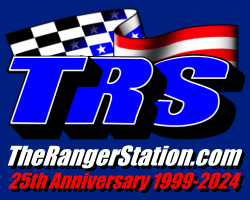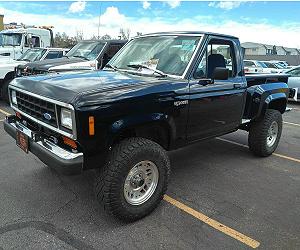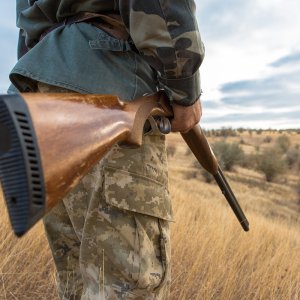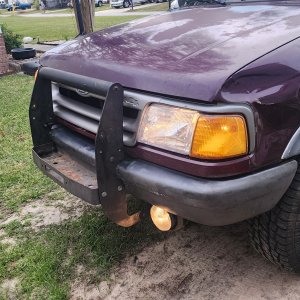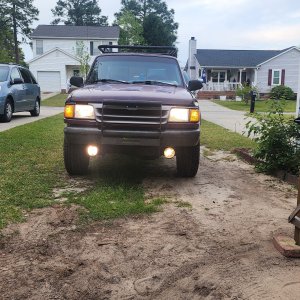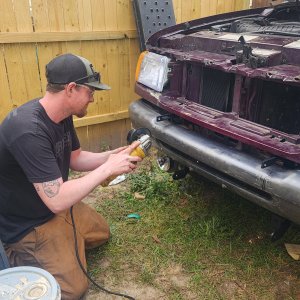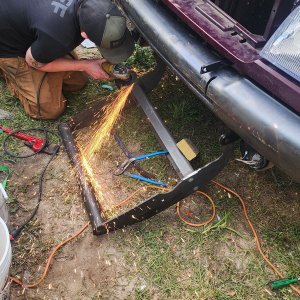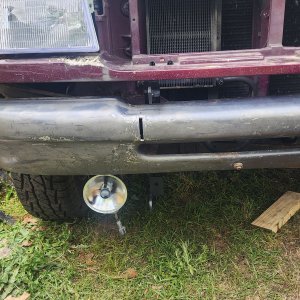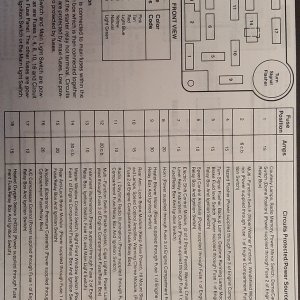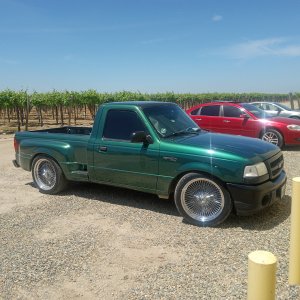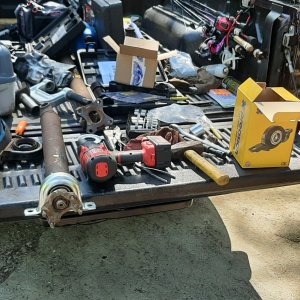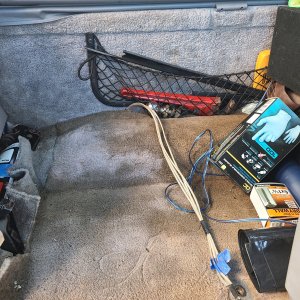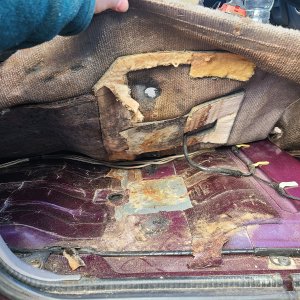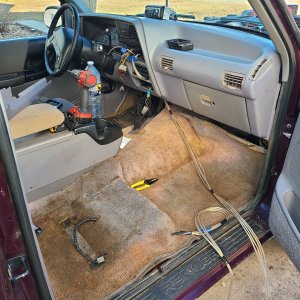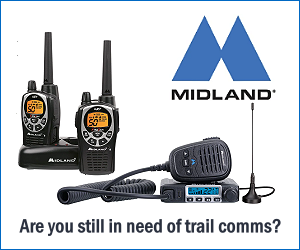Ranger305
Member
- Joined
- Mar 27, 2011
- Messages
- 105
- Reaction score
- 23
- Points
- 18
- Location
- Tennessee
- Vehicle Year
- 1992
- Make / Model
- Ford
- Engine Size
- 3.0 Vulcan
- Transmission
- Manual
Over 3000lbs these days generally come with brakes. In my home state, law is anything over 3klbs. This was an older rig I had for years that was made before brakes. I think most Rangers say anything over 2k needs brakes.
I think older Rangers, esp those before the dual piston calipers in '96? were really marginal on brakes for any load, then mix in the smaller 9" rear brakes on std cabs..... 2k way really marginal.
I think older Rangers, esp those before the dual piston calipers in '96? were really marginal on brakes for any load, then mix in the smaller 9" rear brakes on std cabs..... 2k way really marginal.
